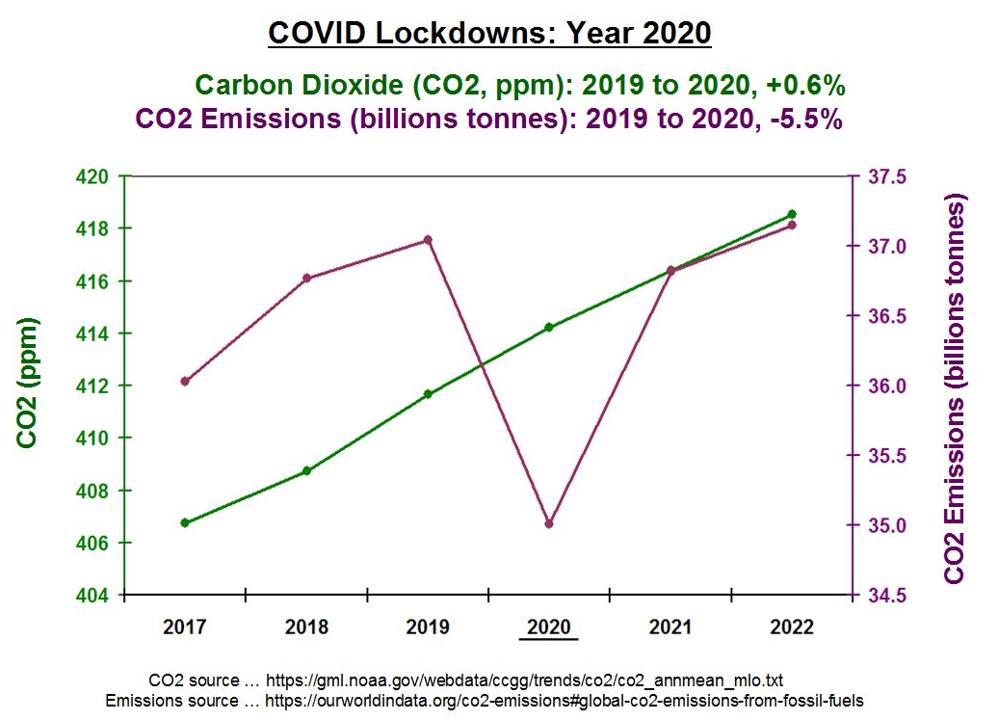A ‘Global Cold Rush’ Is Reshaping the Planet, and How the World Eats – “You really don’t need to have a tomato in December,” Nicola Twilley, author of Frostbite, says on this week’s Zero. “Just don’t do it.”
By Akshat Rathi and Mythili Rao
The “cold chain” that delivers our food is inconspicuous but vast. The US alone boasts around 5.5 million cubic feet of refrigerated space (that’s 150 Empire State Buildings!) and three-quarters of the average American plate has spent some time in a commercial fridge. Now, the developing world is catching up.
Nicola Twilley, author of Frostbite: How Refrigeration Changed Our Food, Our Planet, and Ourselves, says this expansion of the world’s “distributed winter” has wide-ranging climate implications.
…
The first commercial machine was the 1850s, it doesn’t become domesticated, something that we can actually have in our homes until the 1920s. So that’s a hundred years ago, it’s really recent.
If any of your listeners are like me and have no idea what cold is still, it’s just the absence of heat. And so cooling is that sense of loss as you remove heat.
…
Partial transcript from an episode of Zero podcast: “How the Humble Refrigerator Changed the World”
Host – Bloomberg Climate Rerpoter Akshat Rathi: The US alone boasts around 5.5 billion cubic feet of refrigerated space. That’s like 150 Empire State buildings worth of freezers, and developing countries are starting to catch up. Between 2018 and 2022, the whole world’s chilled and frozen warehouse space increased by 20%. At a time when ice caps are melting faster than ever, the number of walk-in refrigerators is also expanding. This cold rush has huge implications for the planet. …
Today we think of one of the climate solutions is to try and eat less red meat because it produces so much greenhouse gases, mostly from cows belching methane. However, this increase in meat consumption happened partly because of the ability to move cheap meat around, but also because science at the time, for some reason, at least in the West, was telling people the only way to survive is to have more protein and the protein comes from meat.
…
Nicola Twilley, author of Frostbite: How Refrigeration Changed Our Food, Our Planet, and Ourselves: The first commercial machine was the 1850s, it doesn’t become domesticated, something that we can actually have in our homes until the 1920s. So that’s a hundred years ago, it’s really recent. …
If any of your listeners are like me and have no idea what cold is still, it’s just the absence of heat. And so cooling is that sense of loss as you remove heat. …
So the power to run cooling equipment is more than 8% of global electricity usage right now. …
But it is expanding fastest in parts of the world that don’t have a cold chain currently. So Sub-Saharan Africa, large parts of Southeast Asia, those places are building a cold chain from scratch right now. And they are also not typically equipped with a lot of trained engineers who can work with these dangerous gases. And a lot of the replacement refrigerants are much harder to use, flammable, toxic, just difficult and require more sophisticated machinery. So it’s really a hard thing to replace these HCFCs and HFCs with these new refrigerants in places that already don’t have enough engineers to make the simple non-toxic refrigerants work. So that’s one of the huge issues, and actually now there’s a huge black market in HCFCs and HFCs because they’re cheaper, easier to use, the old equipment runs on them. …
Like you really don’t need to have a tomato in December, it’s going to taste like nothing anyway, just don’t do it.
#
Via: Committee to Unleash Prosperity:
We remember a time not so long ago when we were told to be sure to eat our fruits and vegetables, but now Bloomberg isn’t so sure.
Bloomberg is now hyping a social activist who wants to limit refrigeration (to end the “global cold rush”) and tells people that eating fewer tomatoes may help save the planet.
In a new book, Nicola Twilley says we need to rethink the impact refrigeration is having on the planet.
“You really don’t need to have a tomato in December,” Twilley says on this week’s Zero podcast. “Just don’t do it.” https://t.co/gXx0TnQMCH
— Bloomberg (@business) August 24, 2024
Sorry. We’ll have tomatoes with our BLT and salad whenever we want, thank you very much.
By the way, refrigeration saves millions of people each year from food-borne illnesses.
Does this nut case want to bring back ice boxes?
#
Related:

Obama Admin. Targets Fridges and Hairspray Over Climate Hysteria
Global deal reached to limit greenhouse gases from fridges and air conditioners
Now the UK government wants to control your kitchen fridge or send you to jail – Jo Nova: Are they your appliances or the state’s? If you don’t control the power switch you know the answer.
I feed my daughter crickets for protein — it saves hundreds on grocery bills

BBC: ‘What would a flying-free world look like?’ ‘Fresh fruits & veggies…would disappear from supermarkets in winter’ – ‘Huge adjustments’ in ‘supply chains’ – ‘It’s about when — not if’ – Highly perishable fresh fruits and vegetables like grapes, mangoes and avocados would disappear from supermarkets in the winter, with a rise in the consumption of frozen fruits instead.
Just wait ’til your ecoFridge™ is wired into this system… pic.twitter.com/adGkhFsvcK
— Mark Jeftovic, The ₿itcoin Capitalist (@StuntPope) August 28, 2024







